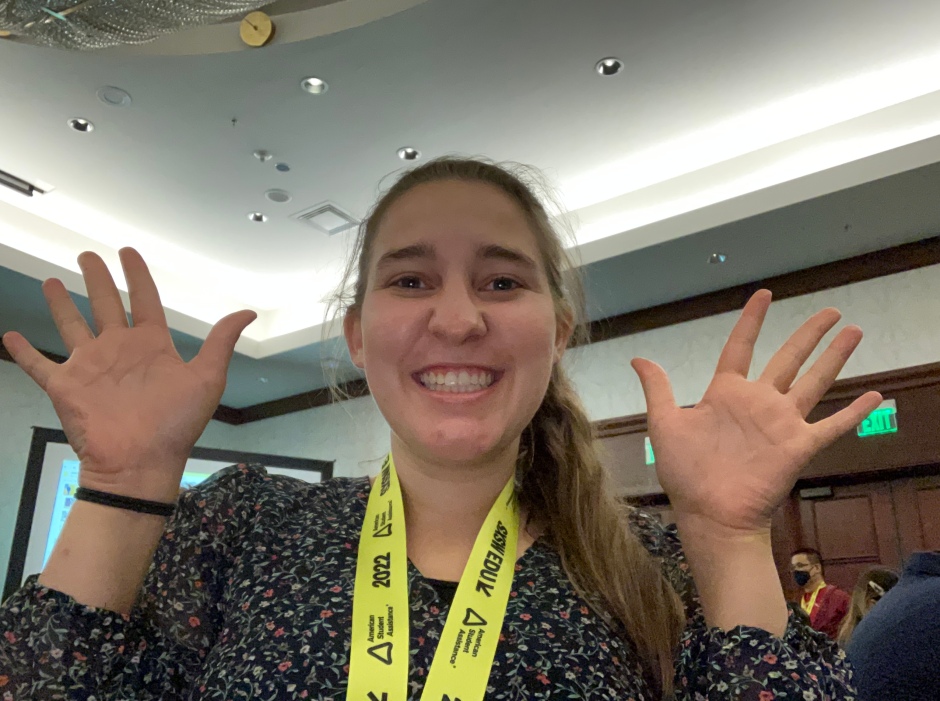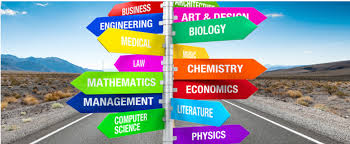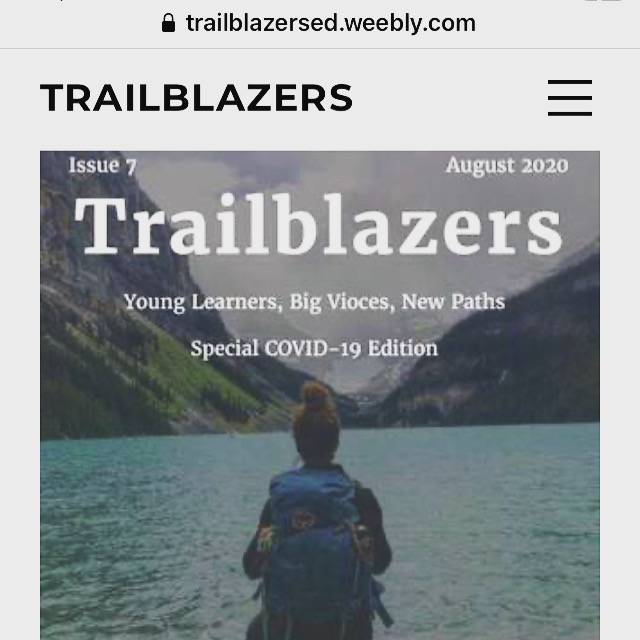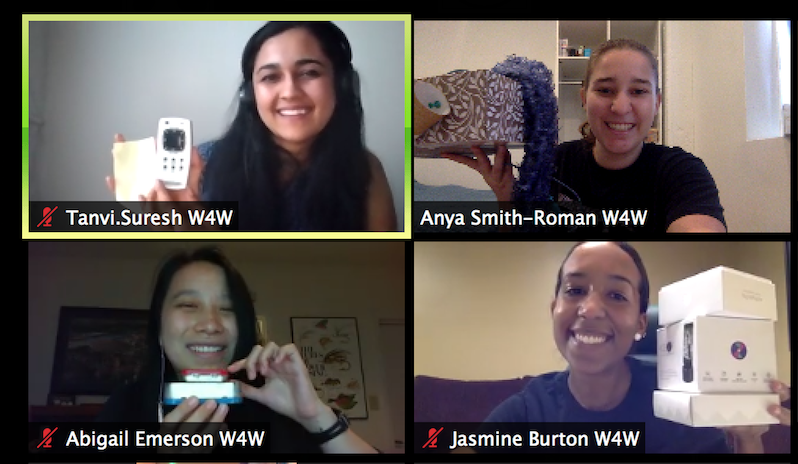Landed in Austin, Texas this week for the annual South by South West (SXSW) EDU conference. I always make sure to blog everyday after a conference, but I realized, it would be a bit strange for me to post about the conference without first giving some other life updates since I haven’t posted since September 2021 apparently…
First up, Trailblazers Issue 9 was published!!! This student-driven magazine about transformative education has been such a big part of my career life over the past 6 years, so it’s crazy to believe that we are now working on our 10th issue, officially reaching double digits! It’s also crazy to think I am finally at the point in my life where it is time to start handing Trailblazers over to the next generation of young learners… We have officially named our new Executive Director who I have been mentoring through the Issue 10 publication process so she can then officially take over for issue 11 as I move into more of a senior advisor role. I will continue to provide advice and feedback as needed, but I will no longer be a driving force in creating each magazine issue.
Part of the reason for this transition is because I will be graduating college in May with a degree in Business Administration concentrating in Leadership and Organizational Management and a certificate in Social Psychology from Georgia Tech.
After graduation, I’m excited to officially announce that I will be working full time with Education Reimagined starting in June! I’ve been a member of the Education Reimagined community since high school and this community is what initially inspired Trailblazers and a big part of what has kept me involved in the k12 conversation throughout college. Timing worked out nicely where they were looking to expand their team right as I was looking to find a full time opportunity, and it just seemed like a perfect fit for my next steps.
If you know me well or follow my blog somewhat consistently, you might recall I was originally looking to go to graduate school in the fall. Specifically, I was planning to go to Finland for a two year masters program and had been working all last summer on applying for a Fulbright Fellowship to make this happen. Obviously I have pivoted from this plan, so here is the short story there:
Timing wasn’t right. Over the past few months since I last blogged, I have had several family members end up in the hospital (they are okay), COVID was yet again increasing rates, international situations became more questionable, I was not selected as a Fulbright finalist, and some of my ptsd from being abroad during the start of pandemic and feeling particularly isolated continued to increase along with anxiety around never having been to Finland before and committing to two years there. All these factors together made me decide it was best to wait on Finland right now. University of Helsinki will still be there if I later get a chance to visit and then decide it really is something I want to do. Furthermore, even if not Finland, I do still plan to go to graduate school at some point in time. Not because I think I need a higher degree, but because I really do enjoy learning and elements of schooling and, assuming I find the right program, I would like the opportunity to further research, discuss, and design education with others similarly passionate about transforming our current paradigm. I also decided, that going into a full time job first would make my eventual graduate school experience better, because right now, I’m still not fully sure what my role is going to be in these conversations on education and I think some time working may help me narrow my interests and talents to make my graduate school experience more focused and productive.
This transition from young learner into young professional has been a very odd transition since so much of my experience in education thus far has been from the perspective of, ”hey I’m providing student voice in this conversation!” My young learner status was always one of my primary self-selling points, and now it’s shifting into something else that I’m still discovering…
With this in mind, I’m excited to see some of this evolution with participating in SXSW this year as I start to age out of my ”young learner” status. So stay tuned for my insights from the conference!




















